Stuck in that awkward void where you can’t seem to put anything into words? Well, you’re not alone. All writers inevitably experience ‘writer’s block’ but it’s a stump you can always get out of. We’ve compiled five tried and tested strategies by notable writers to help you get your creative juices flowing again.
1. Hilary Mantel says to “get away from your desk.”
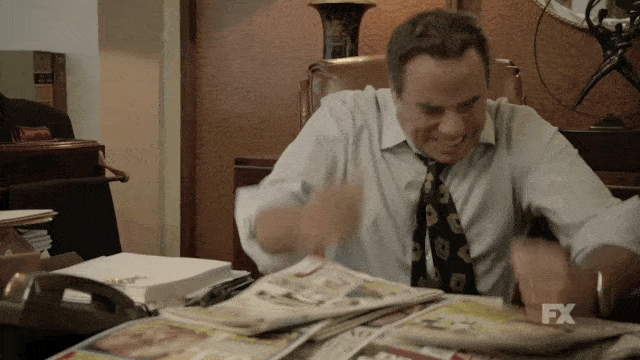
Hilary Mantel is an English writer who was awarded the Booker Prize twice for writing personal memoirs, short stories, and historical fiction. When asked by fellow writers about how she gets out of a dry writing spell, she suggests:

“If you get stuck, get away from your desk. Take a walk, take a bath, go to sleep, make a pie, draw, listen to music, meditate, exercise; whatever you do, don’t just stick there scowling at the problem. But don’t make telephone calls or go to a party; if you do, other people’s words will pour in where your lost words should be. Open a gap for them, create a space. Be patient.”
Mantel’s advice is scientifically correct: one of the best ways to get out of a writing funk is to get your blood flowing. Going outside for a walk, visiting the gym or establishing an exercise routine at home not only works the body, but also the mind. When the mind gets stimulated, it won’t be long until you get your writing groove back.
2. Neil Gaiman urges you to go and hibernate.

While Mantel teaches writers to go out and interact with people for a short bit when suffering from writer’s block, Neil Gaiman’s advice is the total opposite. Gaiman instead coaches writers to completely forget about their work and come back to it once they’ve had the chance to “hibernate.” The award-winning children’s book author and graphic novelist explains his method:

“Put it [your writing] aside for a few days, or longer, do other things, try not to think about it. Then sit down and read it (printouts are best I find, but that’s just me) as if you’ve never seen it before. Start at the beginning. Scribble on the manuscript as you go if you see anything you want to change. And often, when you get to the end you’ll be both enthusiastic about it and know what the next few words are. And you do it all one word at a time.”
Writer’s block happens when a writer is too much of a perfectionist and becomes fearful of the quality of the work that he or she puts out. Streamlining one’s thoughts or meditating will take your mind away from writing and will calm down one’s nerves. This leads to a clearer vision to tackle the writing project at hand.
3. Mark Twain says it’s not that complicated.

The famed American writer and humorist Mark Twain was known for breaking down parts of his writing into smaller, more controllable steps. Twain was a firm believer of this process to keep his focus, saying:
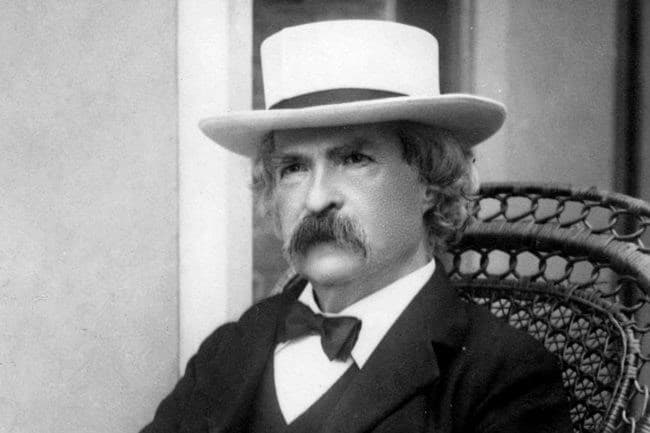
“The secret of getting ahead is getting started. The secret of getting started is breaking your complex overwhelming tasks into small manageable tasks, and then starting on the first one.”
Focusing on a writing task may seem daunting on some days, as it takes a lot of commitment to stay on a specific path to come up with a written output. One of the best ways to keep your focus is to simply turn off any immediate distractions—and yes, that definitely includes your phone. A quiet area without the constant buzz from a television or the beeping from phone notifications will help greatly in overcoming writer’s block.
4. Ernest Hemingway gives permission to stop… at the right time.
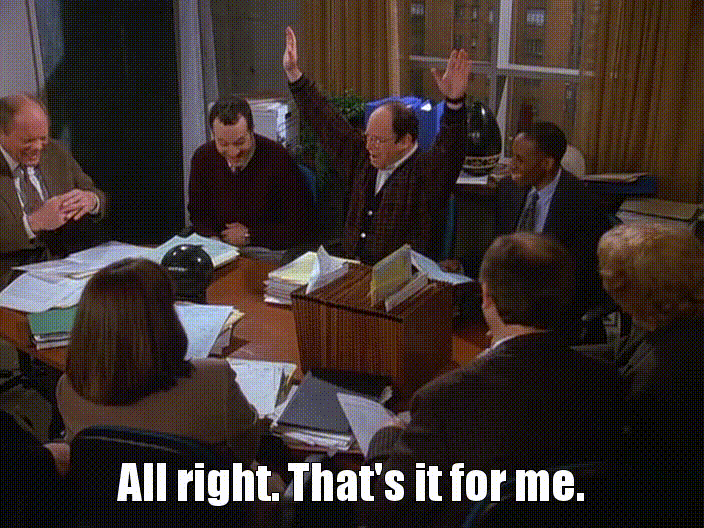
Even the Nobel Prize-winning novelist, journalist and short story writer Ernest Hemingway suffered from writer’s block. He shared that you should not exhaust all your creativity on one task, instead reserve some of your thoughts and inspirations for upcoming writing tasks.

“The best way is always to stop when you are doing good and when you know what will happen next. If you do that everyday, you will never be stuck. Always stop while you are doing good and don’t think about it or worry about it until you start to write the next day—that way, your subconscious will work on it all the time. But if you think about it consciously or worry about it you will kill it and your brain will be tired before you start.”
Essentially, Hemingway was saying not to worry so much about reaching a word count goal, to the point that it depletes our creative energy. Instead, he suggests ending your writing sessions mid-paragraph while you still have a clear idea of what you want to write next. That way you’ll maintain your momentum and avoid showing up to a blank page the next day with no idea how to move forward.
5. Try the ‘Proust Diet.’

Marcel Proust was a French novelist, critic, and essayist from the early 1920s.
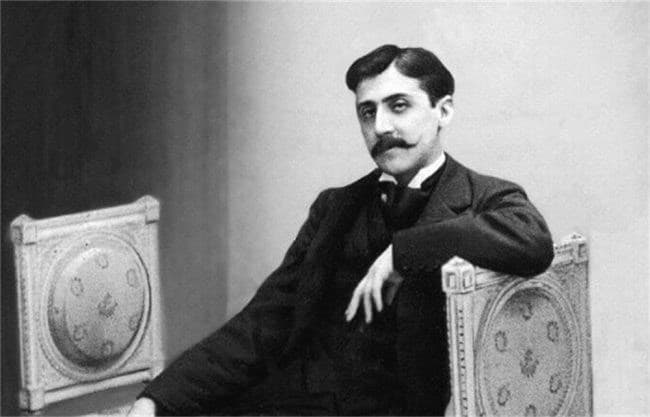
When writer’s block has gotten the best of you, try his method of consuming caffeine to get back to your ideal writing state. He was documented to have consumed mostly coffee and nothing else, according to his housekeeper. The writer allegedly would only ask for “two bowls of black coffee, hot milk, and two croissants” upon waking up and would have nothing else for the rest of the day.
Now, we are not saying to follow the same nutritionally deprived diet, but it’s been known that a cup of your favorite brew could boost your cognitive performance. When taken in moderation, coffee or tea can increase one’s ability to concentrate and focus.
6. “Just write” or risk upsetting Maya Angelou.
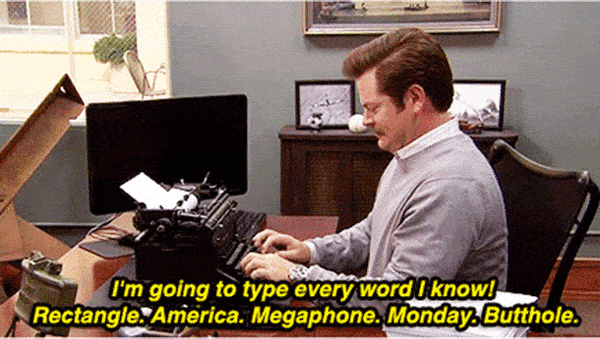
This beloved American poet and civil rights activist shares a more tough-love approach to get over writer’s block. She believes that there is no other way around it but to just write—anything and everything that you can on a piece of paper. Angelou says it doesn’t matter if you’re writing nonsense phrases, as long as you are forcing yourself to write everyday:

“What I try to do is write. I may write for two weeks ‘the cat sat on the mat, that is that, not a rat.’ And it might be just the most boring and awful stuff. But I try. When I’m writing, I write. And then it’s as if the muse is convinced that I’m serious and says, ‘Okay. Okay. I’ll come.”
It is easy to get discouraged when you get writer’s block, but these literary geniuses prove that when they do happen, you just need to find other sources of inspiration and most importantly, never stop writing.

